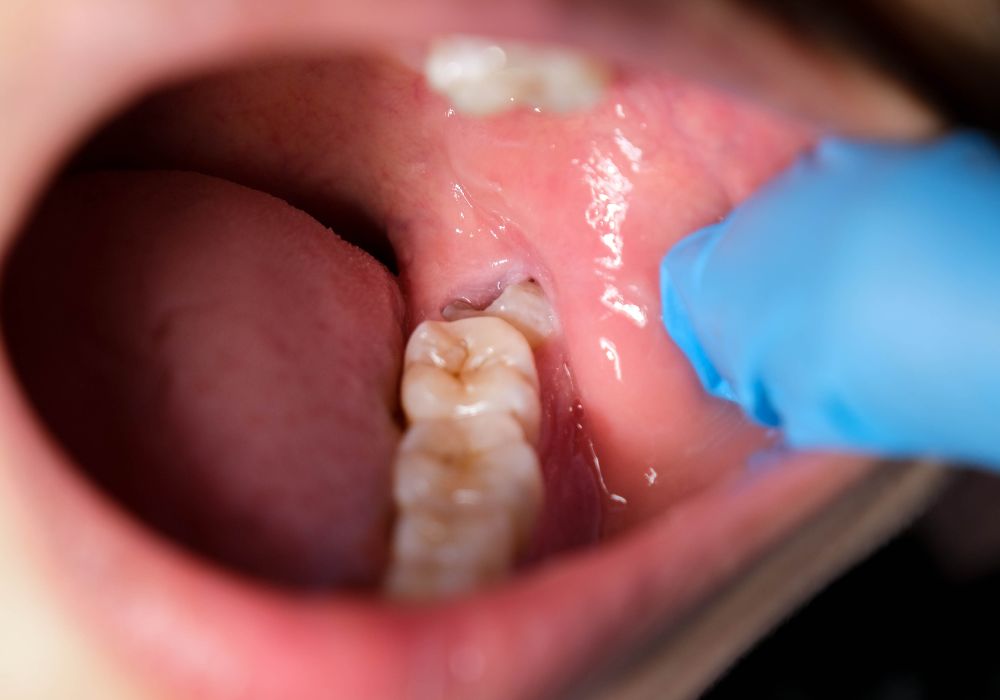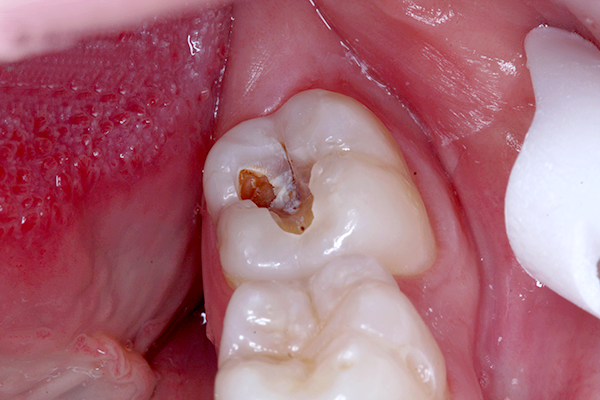Recovery from oral surgery or dental procedures can be a challenging experience, and one common complaint is the discomfort caused by stitches in the mouth. Whether you’ve had a tooth extraction, gum surgery, or another dental procedure, stitches are often necessary to promote proper healing.
While stitches are crucial for the recovery process, they can be bothersome, causing pain and irritation. In this article, we will explore ways to cope with the discomfort associated with stitches in your mouth and promote a smoother recovery.
What Is the Purpose of Stitches?

Before delving into ways to alleviate discomfort, it’s essential to understand the purpose of stitches in oral surgery. Stitches, or sutures, are used to close incisions or wounds created during dental procedures.
They help to hold tissues together, promote proper healing, and reduce the risk of complications such as infection or excessive bleeding. While stitches are vital for recovery, they can cause discomfort, especially in the delicate and sensitive environment of the mouth.
Coping Strategies
Follow Post-Operative Care Instructions
Adhering to the post-operative care instructions provided by your dentist or oral surgeon is crucial. This may include recommendations for pain management, proper oral hygiene, and dietary restrictions. Following these instructions diligently can contribute significantly to a smoother recovery.
Take Pain Medications as Prescribed
If your dentist has prescribed pain medications, take them as directed. Pain management is crucial during the initial days after oral surgery when discomfort is often at its peak. Over-the-counter pain relievers may also be recommended, but it’s essential to consult with your dentist before taking any additional medications.
Use Cold Compresses
Applying cold compresses to the outside of your mouth can help reduce swelling and numb the area, providing relief from discomfort. Use a clean cloth or an ice pack wrapped in a thin towel, and apply it to the affected area for short intervals.
Practice Gentle Oral Hygiene
Maintaining good oral hygiene is essential for preventing infections and promoting healing. However, it’s crucial to be gentle while brushing and flossing around the stitched area. Use a soft-bristled toothbrush and follow your dentist’s recommendations for oral care during the recovery period.
Choose Soft Foods
Opt for a soft food diet during the initial days of recovery. Avoiding crunchy or hard foods can prevent irritation to the stitched area. Consider consuming liquids, purees, and soft foods that require minimal chewing.
Avoid Aggressive Activities
Refrain from engaging in strenuous activities or habits that may put stress on your mouth. Avoid activities such as heavy lifting, intense physical exercise, or smoking, as they can hinder the healing process and exacerbate discomfort.
Stay Hydrate
Drinking an adequate amount of water is essential for overall health and can also contribute to a smoother recovery. Hydration supports the healing process and helps prevent complications.
FAQ’s
How do you make mouth stitches hurt less?
Follow prescribed care instructions, take pain relievers as directed, and avoid irritating foods to minimize discomfort.
Why do stitches hurt when healing?
Stitches can cause pain due to inflammation, tissue repair processes, and nerve sensitivity during the healing phase.
Do dental stitches hurt when healing?
Dental stitches may cause discomfort during healing, but following post-operative care, taking prescribed medications, and avoiding irritants can help manage pain.
How do you make stitches comfortable?
Keep stitches clean, follow recommended care, take pain relievers if advised, and choose a soft diet to promote comfort during the healing process.
Why do stitches feel uncomfortable?
Stitches may feel uncomfortable due to swelling, tension on the wound, and the body’s natural healing processes, including inflammation and tissue repair.
Conclusion
While stitches in the mouth can be bothersome, adopting these coping strategies can help alleviate discomfort and contribute to a more comfortable recovery. It’s crucial to maintain open communication with your dentist, follow their guidance, and be patient as your body heals.
If you experience severe or prolonged discomfort, contact your dental professional promptly for further assistance. Remember, a smooth recovery is a collaborative effort between you and your oral healthcare team.

